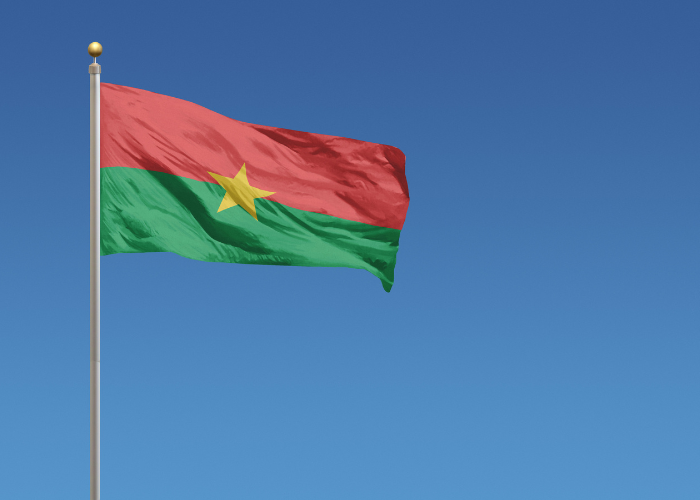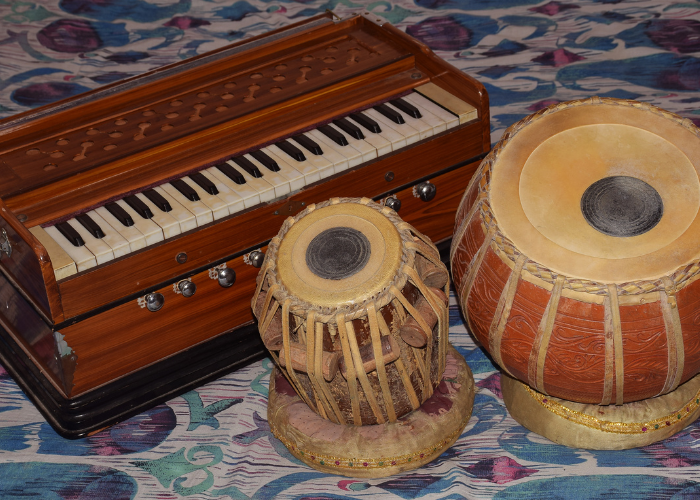Introduction to Burkina Faso’s Rich Tapestry
Nestled in the heart of West Africa, Burkina Faso stands as a testament to the resilience, vibrancy, and diversity of African cultures. Despite its challenges, this landlocked country is a mosaic of ethnic groups, languages, and traditions that paint a picture of unity in diversity. As we delve into the essence of Burkina Faso culture, we uncover a world where ancient customs meet modern resilience, crafting a unique cultural identity that captivates and educates.
The Ethnic Mosaic of Burkina Faso
Burkina Faso is home to an array of ethnic groups, each contributing to the nation’s cultural richness. The Mossi, constituting about half of the population, dominate the central regions. Their influence is evident in Burkina Faso’s governance, culture, and societal norms. Other significant groups include the Fulani, Gurunsi, Senufo, Lobi, Bobo, and Tuareg, each bringing their own customs, languages, and traditions to the national tapestry.
Language: The Threads of Communication
French serves as the official language, a vestige of colonial history, facilitating national and international dialogue. However, the heart of Burkina Faso’s linguistic heritage beats in its indigenous languages, with Mooré, Dioula, and Fulfulde among the most spoken. These languages are not just means of communication; they are carriers of folklore, proverbs, and oral traditions that form the backbone of Burkinabe culture.
Traditional Music and Dance: The Rhythm of the Land
Music and dance are indispensable parts of Burkina Faso’s cultural expression. Traditional music, characterized by the use of instruments like the djembé, balafon, and kora, underscores life’s rhythm in this part of the world. Dance styles vary significantly across ethnic groups, often telling stories or celebrating the cycles of life—birth, initiation, marriage, and even death.
Festivals: Celebrating the Burkinabe Spirit
Burkina Faso’s calendar is dotted with festivals that showcase its cultural diversity and artistic fervor. The FESPACO (Panafrican Film and Television Festival of Ouagadougou) is one of the most significant cultural events, drawing artists and audiences from across the globe. Similarly, the SIAO, International Art and Craft Fair, Ouagadougou, is a vibrant showcase of African creativity and craftsmanship.
Traditional Cuisine: A Taste of Burkina Faso
Burkinabe cuisine is a flavorful affair that mirrors the country’s agricultural lifestyle. Staples like millet, sorghum, and maize form the base of many dishes, accompanied by vegetables and sauces. Tô, a thick porridge served with sauce, is a national favorite, alongside Babenda, a dish made with fermented leaves and fish or meat.
Clothing and Textiles: Woven with Pride
The Faso Dan Fani, a traditional cotton fabric, embodies the spirit of Burkina Faso. Woven by local artisans, this textile is not just clothing; it’s a symbol of national pride and cultural identity. The vibrant colors and patterns tell stories of the land, its people, and their ancestral heritage.
Traditional Crafts: The Art of Burkina Faso
Burkinabe artisans are renowned for their skill in working with bronze, wood, and leather. The Lost Wax method of bronze casting is a testament to the sophistication and creativity of local craftsmen, producing intricate sculptures that are sought after worldwide. Similarly, the wood carvings and leatherwork reflect the deep connection between the Burkinabe people and their environment.
Architecture: Building with the Earth
The architecture of Burkina Faso is a profound statement of harmony with nature. The Sukala homes of the Kassena people, painted with intricate designs, and the mud-brick mosques reflect a sustainable approach to building, using local materials and techniques that have been passed down through generations.
Education and Modern Challenges
Education remains a pivotal challenge in Burkina Faso, with efforts underway to increase access and quality. The blending of traditional knowledge with modern education systems is crucial for the country’s future, ensuring that the rich cultural heritage of Burkina Faso is preserved and adapted to meet contemporary needs.
Conclusion: A Cultural Legacy for the Future
The culture of Burkina Faso is a vivid tapestry woven from the threads of its diverse ethnic groups, languages, traditions, and modern aspirations. This rich cultural



